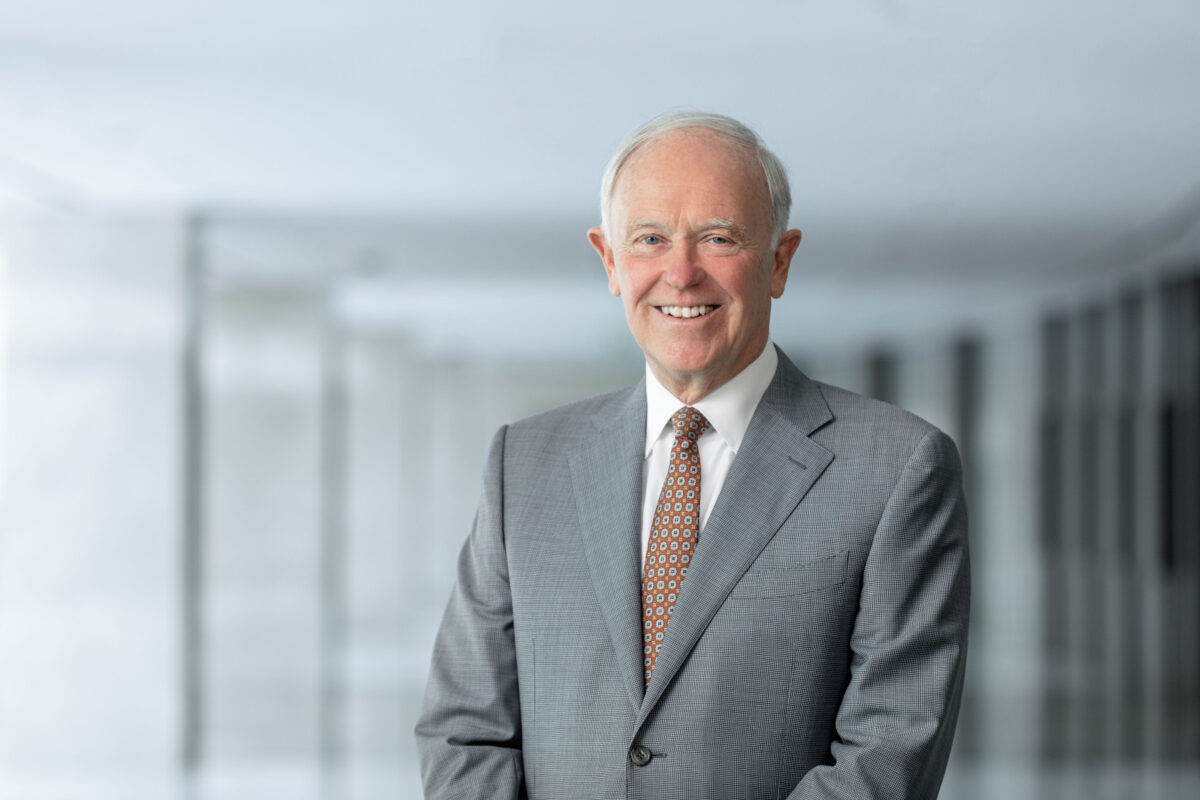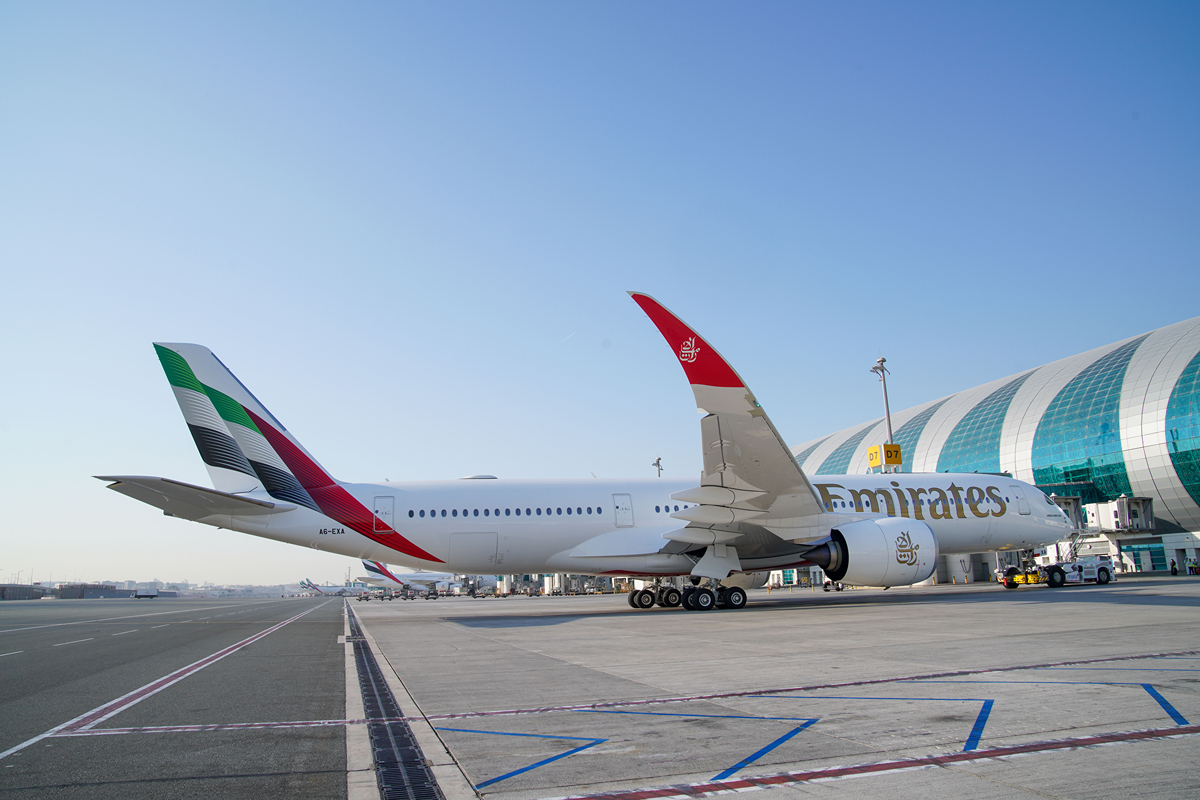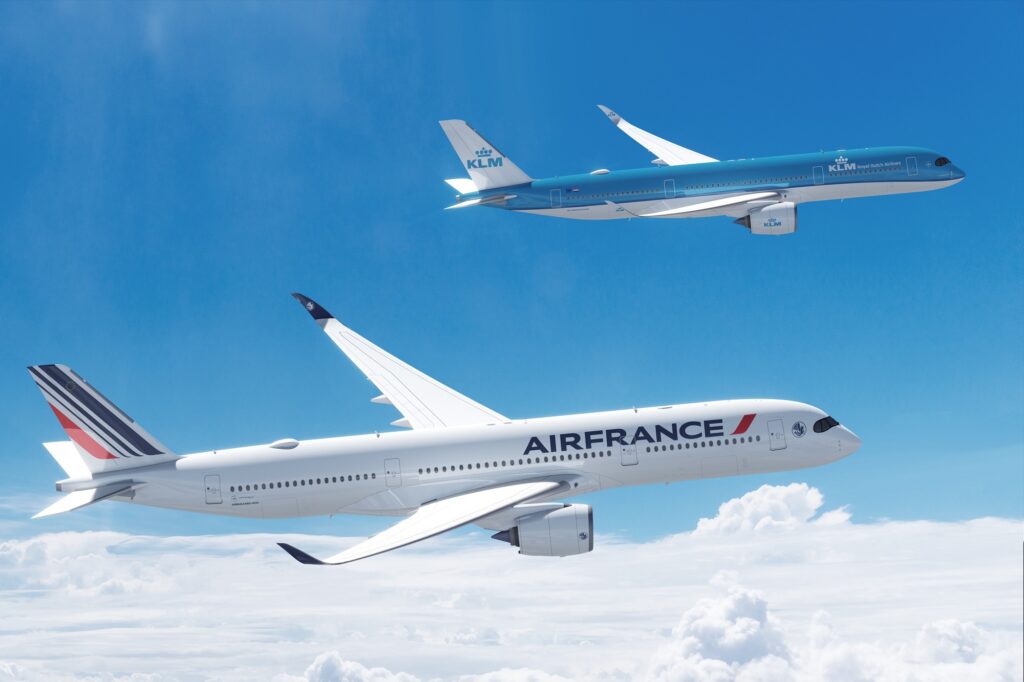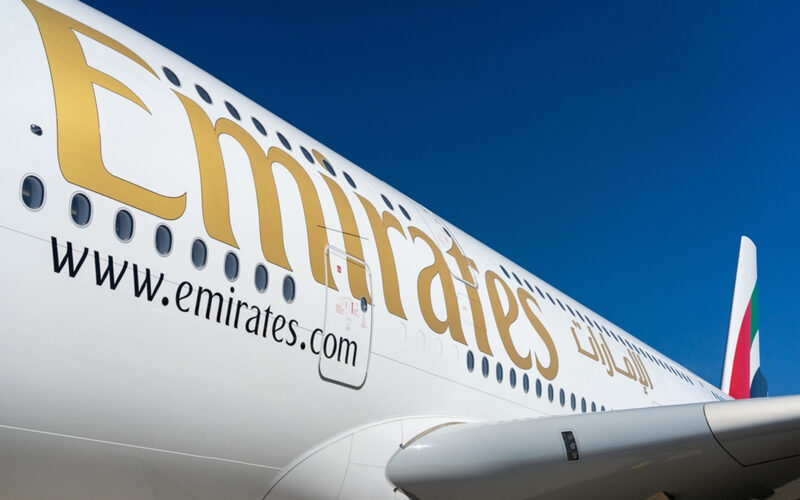The president of Dubai-based Emirates Sir Tim Clark has voiced his concerns about the ongoing turmoil in world trade and the likely impact of widescale tariffs on international commerce and travel. In an interview with US broadcaster CNBC, the airline boss remarked that the prevailing unrest is likely to lead to an economic reset comparable to the 2008 financial crisis, which led to a worldwide economic recession.
The scale of the economic uncertainty sweeping around the world’s economies, “involves a measure of reset to a level that the global economy probably hasn’t seen since perhaps the financial crisis of 2008 and 2009,” said Clark. However, while certain market segments are suffering more than others, with Clark calling out the US domestic travel market in particular, he assesses that, given its network spread and diverse footprint around the world, Emirates is somewhat more protected than other carriers might be.
Clark, who has been at the helm of Emirates for more than two decades and has been with the company for over 40 since its inception in 1985, has successfully steered the megacarrier through some of the most challenging times this century, including the post-9/11 turmoil and collapse of international air travel, the 2008 global financial crisis and the fallout of the COVID-19 pandemic.

“It’s early days to see what effect the resetting of the terms of trade will have on the global economy and ergo discretionary demand for leisure travel,” Clark told CNBC, adding that, despite the tariffs rattling global markets, both Emirates and the industry can weather the storm. “Business models like Emirates, given the international scope of what it does, the strength of what it does, will be able to ride this particular wave,” he added.
The Emirates boss also offered his view on the possible motivations behind the Trump administration’s motives for wholesale enforcement of tariffs, making foreign-produced goods more expensive to buy for US consumers. thereby making US-produced goods cheaper and more attractive and protecting US businesses. Clark’s view is that the move could provoke a deliberate “trade reset” aimed at reshaping global commerce and could unleash “troubled waters” in the interim.
With China now retaliating against the US tariffs by imposing punitive tariffs of its own, US-based aerospace businesses such as Boeing and GE Aerospace could be affected which could have a knock-on effect on airline customers such as Emirates, Clark warned.

Emirates remains resilient
However, despite the threat of tariffs and other ongoing economic challenges, Clark said he remains optimistic about certain aspects of the airline industry. “Long-haul travel remains very strong and robust,” he noted, with Emirates seeing substantial bookings through the remainder of 2025 and into early 2026. This resilience in travel demand has been a consistent pattern following previous downturns, said Clark.
Clark commented that the Emirates business model, developed over the past 40 years has made the carrier somewhat more resilient to fluctuating economic cycles. During his tenure, the airline has become one of the world’s largest carriers with a fleet of over 260 wide-bodied Airbus and Boeing aircraft and with a further 309 on order for future delivery. The carrier spreading its services to over 150 destinations across 80 countries minimizes its risk, said Clark, as the airline can shift capacity and amend flight schedules as demand fluctuates.
“We’re very diverse in the countries that we serve, all of which react in different ways to what’s going to happen now. That gives us a fairly solid base because when one takes a dip we replace it with something else,” he commented.
Other opinions being voiced
Other airline executives have offered varying assessments of current economic market conditions in recent weeks as the situation has evolved. The Chief Financial Officer of Virgin Atlantic, Oli Byers highlighted in March 2025 a cooling in demand on its North American routes which he attributed to “general consumer uncertainty.” Meanwhile, Ben Smith of Air France-KLM Group said that while the unpredictability of the situation was concerning, the Franco-Dutch airline group was not yet seeing material changes in capacity or demand.

Just before the latest round of tariffs was unveiled by President Trump, the head of the International Air Transport Association (IATA) Willie Walsh said that the tariffs being imposed by Washington were unlikely to stem air travel demand’s post-COVID-19 resurgence.
“It’s additional uncertainty which we never welcome but we’ve always been able to manage,” Walsh said in an interview cited by Reuters.
Overall, the airline industry seems to be taking a “wait and see” approach to the ongoing global economic uncertainty. However, as Walsh points out, with air travel demand continuing to soar, and airlines growing as fast as possible to meet that demand, coupled with the experience gained from previous global crises, the prognosis for the airline industry remains positive, although there could be bumps in the road along the way.

